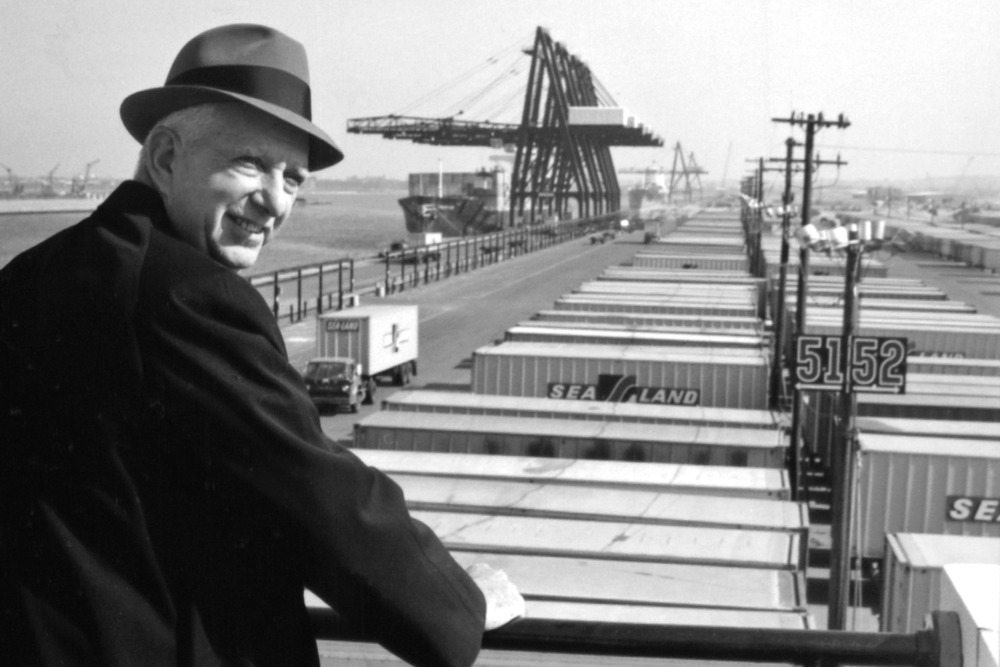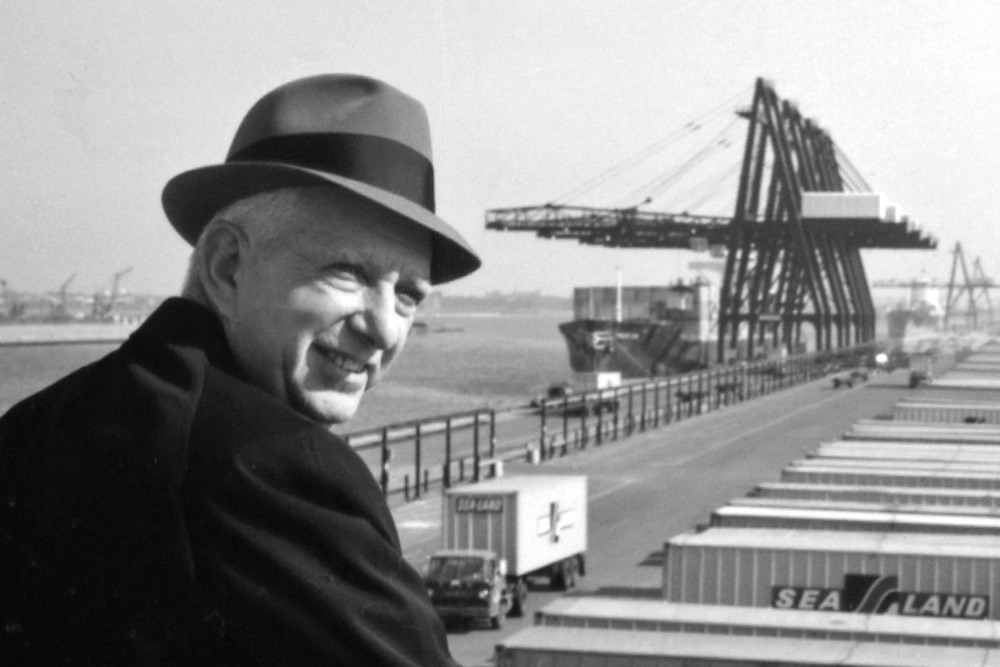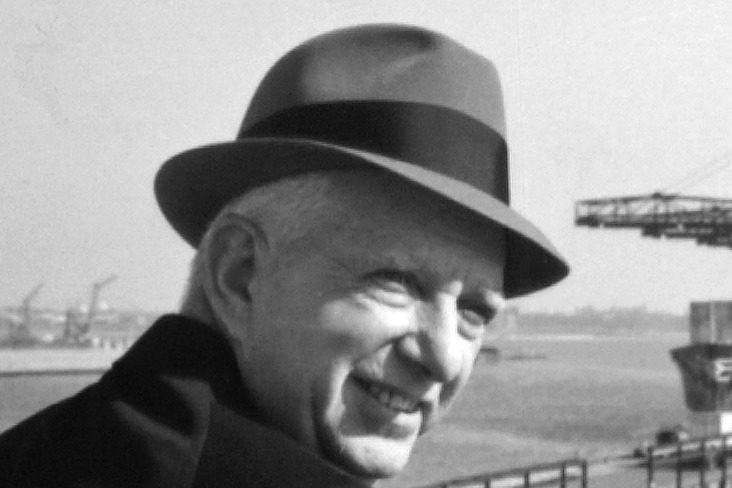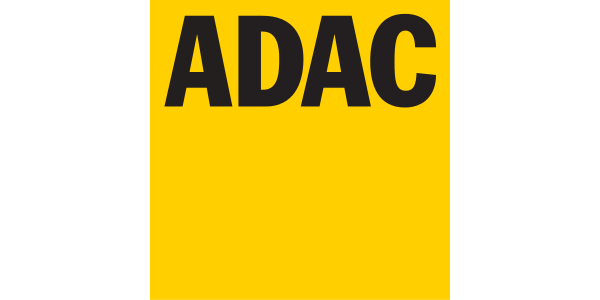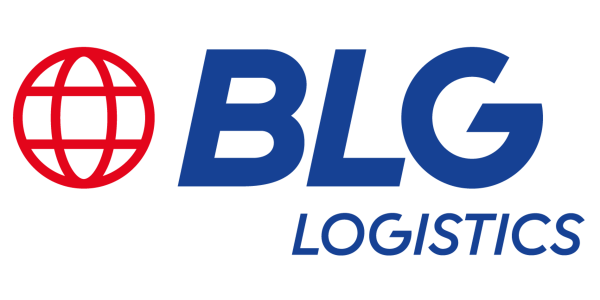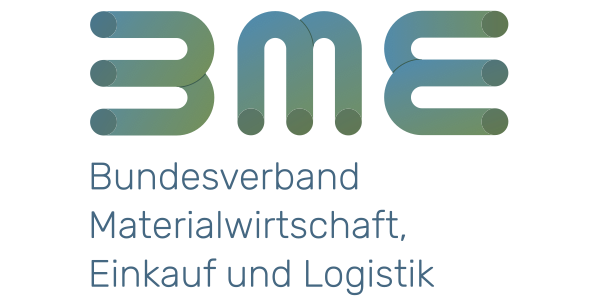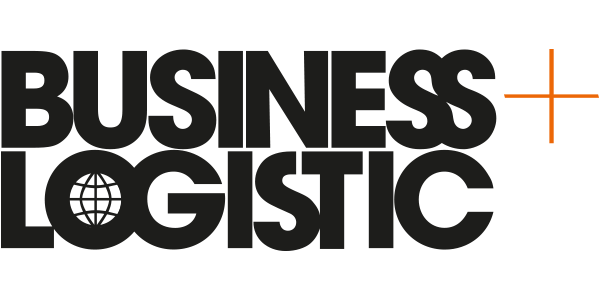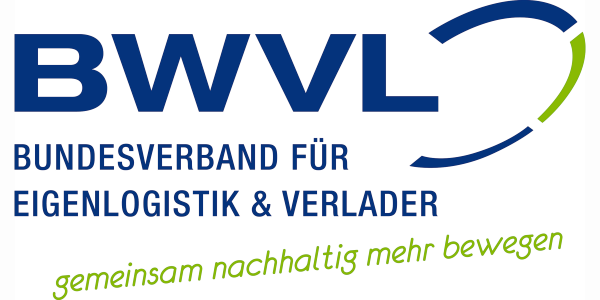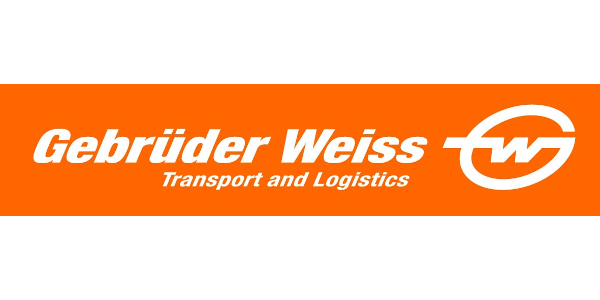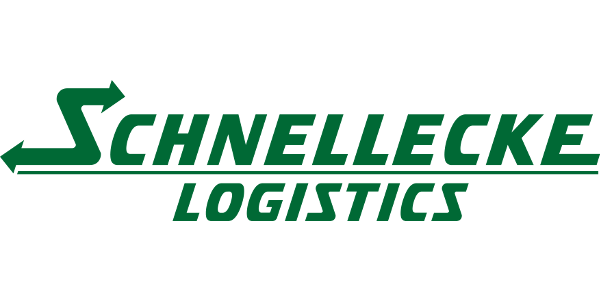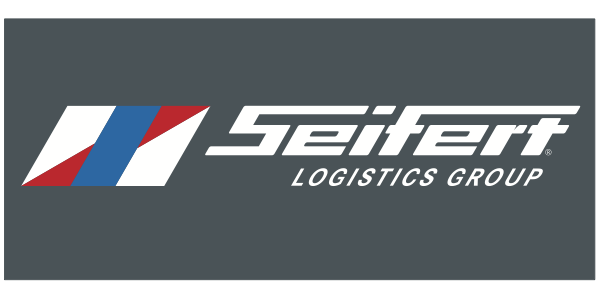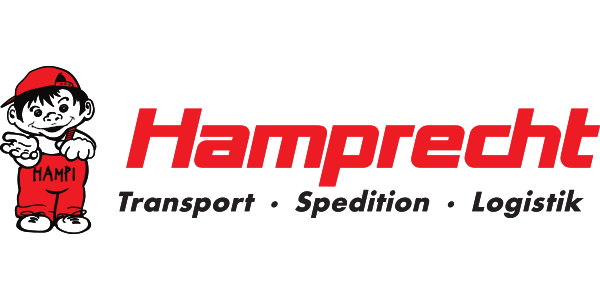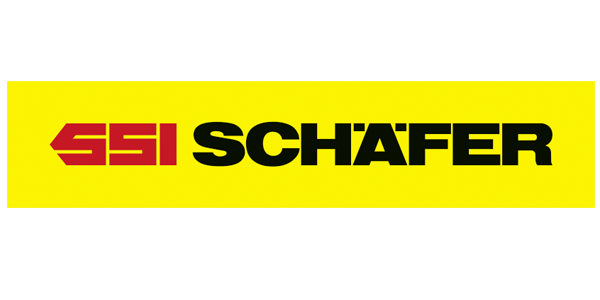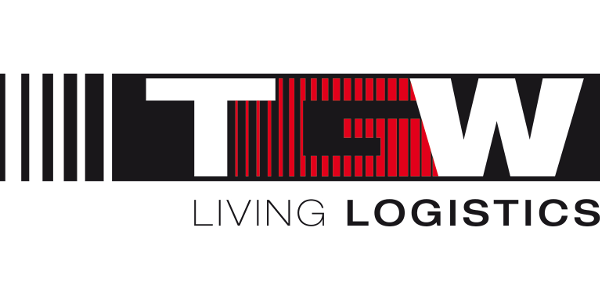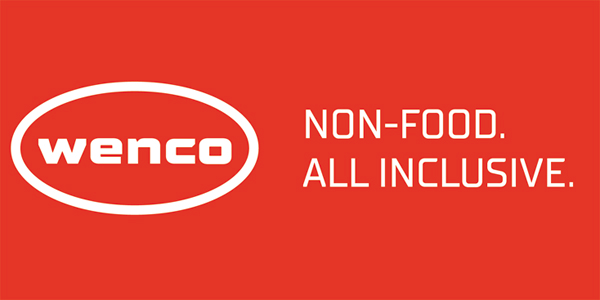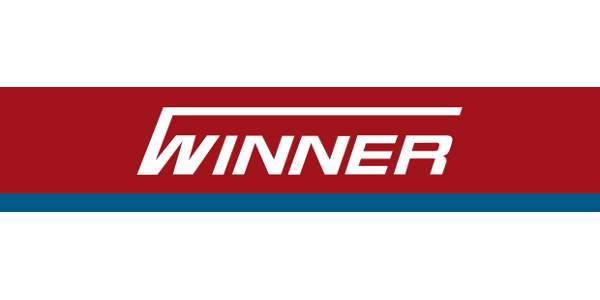Malcom McLean
Malcom McLean: the father of containerisation
Malcom McLean (*1913 †2001) is considered the "father of containerisation". It is due to his personal efforts and capital that the container became the standardised transport receptacle worldwide in the mid-20th century. McLean was inducted into the Logistics Hall of Fame in 2004.
| Field | transport logistics, maritime freight |
| Born | 1913 near Maxton, North Carolina |
| Died | May 25, 2001 |
| Induction into the Logistics Hall of Fame | 2004 |
-
Vita
1913 Born the son of a farmer near the town of Maxton in the US state of North Carolina
1934 Buys a second-hand truck, founds the McLean Trucking company and works as a driver transporting soil and other materials for the local farmers
1937 McLean watches cotton being loaded and says he first has the idea to use transport containers
1955 McLean sells McLean Trucking with its 1,776 trucks for six million dollars and buys the Pan Atlantic Tanker Company with a fleet of old oil tankers; he begins to load trucks onto ships complete with their freight
1956 April 25: McLean orders 58 containers to be loaded onto the converted oil tanker "Ideal X" in Port Newark; the containers are transported along the US east coast to Houston
1957 McLean launches a regular service of container-only ships between New York, Florida and Texas
1960 Pan Atlantic is renamed Sea-Land
1969 McLean sells Sea-Land to tobacco corporation R. J. Reynolds for 160 million dollars
1991 McLean becomes the boss of Trailer Bridge Inc., specialising in container transports between the USA and Puerto Rico
2001 McLean dies (while still boss of Trailer Bridge) on May 25 at the age of 87
2004 Induction into the Logistics Hall of Fame
-
Merits
- Malcom McLean is the founder of the world's first container shipping company, Sea-Land. Under his leadership, Sea-Land launched the first regular container shipping service between the east and west coast of the USA in 1957. This was followed in 1966 by the first transatlantic container transport to Europe with the unloading of the first container on European soil in Rotterdam and on German soil in Bremen. Sea-Land was acquired in 1999 by Danish shipping group A.P. Moller - Maersk and is today one of the world's leading container shipping operators under the name Maersk-Sealand.
- He was ridiculed, insulted and fought, but the all-conquering success of his idea was no longer in doubt. In the 1950s, McLean began to transport goods in containers against the resistance of the US trade unions, rail companies, shipping companies and government authorities. McLean himself reported that he first hit upon the idea of using transport containers to simplify loading operations when he observed the time-consuming loading and unloading of cotton in 1937 when he was working as a truck driver.
- Historians compare McLean's containerisation idea with the invention of steamships and the introduction of steel ships. Productivity in the logistics chain increased massively. A conventional freight ship needed 8 to 10 days to load or unload 10,000 tons of general cargo. Thanks to container ships and simple transshipment devices, it was possible to handle this volume of goods in Europe in just two days. This greatly reduced the personnel requirements for transshipment, and transport time and costs were lower thanks to the shorter ship docking times.
- The container is the most important transport receptacle worldwide. It is estimated that 95 percent of global trade is via maritime containers.
- When the MS "Fairland" unloaded the first containers from the USA in the overseas port in Bremen on May 15, 1966, this also signalled the dawn of a new era for Germany. The container became the motor of globalisation and revolutionised the global economy.
Photos: Maersk Sealand
